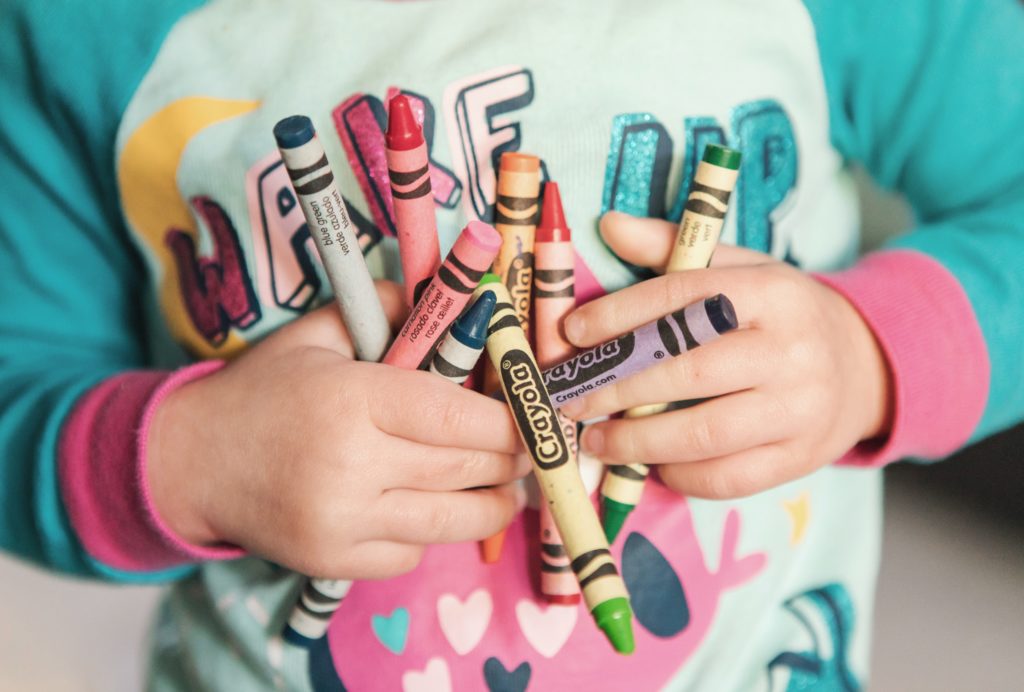
If you hear a buzz in the Southern California air it may be from an influx of light sabers.
Star Wars fanatics have taken over the Disneyland Resort’s newest attraction, Galaxy’s Edge. It’s triggering the imagination of giddy adults and children alike. Since it’s opening last month, there have been so many visitors that Disneyland is requiring reservations to get in. Imagine that!
The imaginative world of Galaxy’s Edge is much like movies, books and stories that transport us to fantastical worlds away from the banality of our lives. Imagination is a powerful tool that can create a billion-dollar industry and more. But, what we often fail to recognize is that it comes with its (as-powerful) twin: boredom.

When we are bored and unaware of our emotions, our thinking hijacks our imagination to leap at whatever is percolating in our consciousness and clings to it. If there’s worry, stress, anxiety and fear our imagination runs off like an Olympic sprinter with images that reflect our discomfort. It’s easy to imagine things going wrong, how others think we’re unworthy, how we’ll end up broke and die alone and a thousand other doomsday scenarios…
What’s worse is when things are going really well for us we get bored – as if there is an addiction to the adrenaline we get from fixing the problems in our life. When there are no problems to fix – we get antsy. Our brains are so wired for securing our survival that fear becomes a predominate feeling, so much so that when life’s too mellow, we look for scary things—even if they’re imaginary.
You’ve got a great job, loving relationships, your health comes from Jedi-like discipline yet there’s an ever-present worry that stops you from sinking into the goodness of life. In seconds, that worry takes over imagination and you’ve allowed it to kill the momentum of joy.
The antidote to a runaway fear-based imagination is simply embracing boredom. Allowing yourself to have no agenda – to have nothing to do- no expectations of yourself – to give into the state of being unoccupied.
Being unoccupied can be a catchall for our thoughts and feelings, which is why it’s uncomfortable. Being bored means you’re calling to dinner all your feelings. The hungriest, most needy feelings show up first. Maybe it’s unworthiness; maybe it’s anxiety, worry, sadness, contentment or happiness. Notice how imagination projects these feelings in your mind’s eye.
This is why boredom is good for us: it spotlights where we need to place our attention. Boredom often comes when we’re alone, lost in our thoughts, without distractions. Imagination swoops in and it can either tip us into a nonsensical dystopian nightmare or a state of play and curiosity where creativity flourishes.
We at Productive Learning use boredom and imagination to our advantage. Our experiential workshops use different visualization techniques that help you sit with your feelings—especially when you’re bored—and the unwanted feelings sneak up.
We’ve worked with clients to be with their boredom as a way of finding answers from within and we also use imagination to interrupt thought patterns that tether clients to anxiety and worry.
You have it in you to enhance your own mastery. Our passion is to help guide you in the process. You can revel in happiness while using imagination and boredom toward engineering a vision. As Yoda would say, an “imagineer” you will become.

This summer, if you catch yourself bored in one of the long lines at Galaxy’s Edge don’t fight it. Embrace the boredom. You can also go for a drive in silence, unplug and go for a walk or just sit alone quietly and let your mind and feelings speak to you.
We’re not judging if you’re still playing with light sabers. We encourage you to embrace the fun and play of imagination. Just remember to find your boredom too. See what comes up and be aware of irrational thinking.
You have it in you to create empowering emotional set points with all those feelings that make you antsy and fidgety. With this belief, we continue our series of writing love letters to our emotions. This month, we write a love letter to boredom:
Dear Boredom,
Throughout my life I was taught to suppress you. My mind always needs to be entertained and so I ignored you and ran straight to imagination. It fulfilled my distraction and many times prevented me from feeling the gambit of feelings I don’t want to feel.
Honestly, I’d prefer being in a fantasy of runaway discursive thoughts than sitting with you. Even when those thoughts produced anxiety I was still more loyal to imagination than to you. I’m sorry I’ve mistreated you.
I’m now learning that you could help me gage where my thoughts and emotions are so I can create a healthy emotional set point.
I’ll be more cautious about where my imagination goes. I’ll be more aware if I’m seeing doom and gloom or believing I can control outcomes that are way out of my control. I’ll first pause, let you gather feelings and take note of any nonsensical thoughts that arise as imagination kicks in—especially when I stray into my imaginary future.
Being with you isn’t always comfortable because a part of me still wants to be entertained with imagination. But I trust you. I trust that giving you a chance will help me cultivate patience, kindness and self-love.
You can help me become more visionary, more creative and help me use my imagination to become an emotionally intelligent being.
It takes deliberate practice to do this as I’m often anxious about something and my imagination isn’t used to being checked. But even if I get antsy or agitated being bored, I’ll sit with you because I’ll eventually find answers and peace in the present.
I’m looking forward to our collaboration and to better use of imagination.
Love, Me
